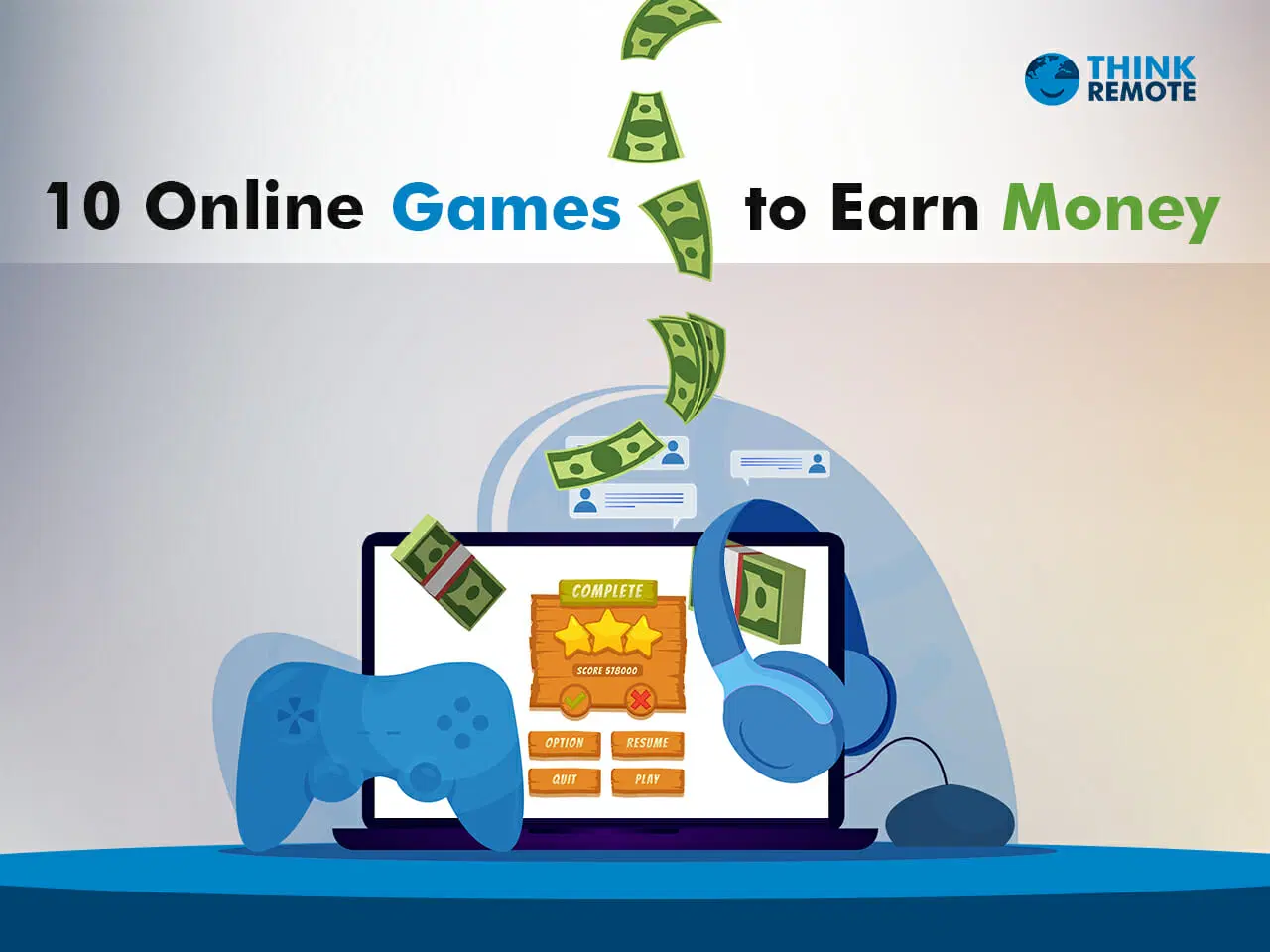Why Play-to-Earn Gamings Are the Future of Online Amusement
The introduction of play-to-earn video games is reshaping the on-line home entertainment landscape by integrating economic motivations that allow gamers to monetize their engagement in immersive online atmospheres. This model, underpinned by blockchain innovation, not only boosts player fulfillment via tangible rewards yet also fosters a sense of area and possession (play to earn games).
The Increase of Play-to-Earn Designs
Recently, the concept of play-to-earn versions has acquired substantial traction, changing the landscape of on the internet enjoyment. This innovative approach permits players to produce real-world earnings via their involvement in pc gaming communities. Unlike conventional pc gaming versions that primarily focus on home entertainment and consumerism, play-to-earn games include blockchain technology to enable gamers to make copyright or electronic possessions that hold inherent value.
The rise of these models can be credited to a number of variables, including innovations in technology, the enhancing approval of cryptocurrencies, and an expanding desire amongst players for more satisfying experiences. Gamers are no more just passive customers; they are energetic participants that can monetize their abilities and time (play to earn games). This change has created new opportunities for video game designers to craft immersive experiences that incentivize engagement and imagination
Additionally, the worldwide pandemic has increased the interest in online pc gaming as a practical income, further solidifying the appeal of play-to-earn frameworks. Therefore, a diverse selection of games throughout different styles is emerging, each offering unique auto mechanics and rewards. The play-to-earn design is positioned to redefine the video gaming industry, cultivating a community-focused setting where gamers can flourish both socially and financially.
Economic Motivations for Players
Gaining substantial incentives has actually become a significant driving pressure behind the appeal of play-to-earn video games, bring in a diverse player base anxious to exploit on their video gaming skills. Unlike typical video gaming models, where gamers invest time and initiative without financial return, play-to-earn video games use a special economic framework that allows players to monetize their gameplay.
In these settings, players can make cryptocurrencies, non-fungible symbols (NFTs), or in-game assets that can be traded or sold on various marketplaces. This straight economic motivation not just enhances gamer engagement however likewise fosters a feeling of possession over their digital properties. Gamers are inspired to spend even more time and energy into gameplay as their abilities translate into real-world value.

Area Involvement and Development
A vivid community is vital for the success and durability of play-to-earn games, as it promotes partnership, expertise sharing, and gamer retention. Active engagement amongst players improves the gaming experience, encouraging them to develop alliances, share methods, and join conversations. This collective involvement not only nurtures a feeling of belonging yet also drives gamers to invest more time and resources into the video game.
In addition, neighborhoods often end up being hotbeds for material development, with gamers creating tutorials, follower art, and gameplay video clips. Such contributions intensify the game's visibility and bring in new gamers, thereby facilitating organic development. Developers can take advantage of area comments to fine-tune gameplay mechanics and address problems, making gamers really feel valued and bought the video game's advancement.
Additionally, community-driven occasions, such as competitions and collective missions, supply possibilities for gamers to display their skills and gain benefits, reinforcing their commitment to the game. As players form deeper links with each other, loyalty to the game raises, establishing a sustainable ecosystem that benefits both players and developers. Hence, community engagement is not simply an accessory yet a foundation for the growing future of play-to-earn games.
Assimilation of Blockchain Technology
The integration of blockchain technology is transforming how play-to-earn video games operate, boosting both gamer experience and economic viability. By using decentralized journals, blockchain makes certain that in-game assets are firmly had by players, permitting real ownership of electronic products. This contrasts sharply with conventional video gaming designs, where players invest time and cash without maintaining any kind of insurance claim to their in-game accomplishments.
Smart contracts, an important part of blockchain, automate purchases and impose game policies transparently. This minimizes the threat of fraud and boosts trust fund in between players and developers. Players can trade, offer, or rent their digital possessions in secondary markets, producing real-world economic possibilities that were previously unattainable in standard gaming environments.
Moreover, blockchain technology fosters a vivid environment where programmers can incentivize gamer involvement with token rewards. This innovative financial version equips gamers, aligning their passions with video game designers, and ultimately leading to even more lasting and interesting video gaming experiences.
Future Trends in Gaming Sector
Rapid improvements in technology are positioned to improve the gaming industry in the coming years, with a number of key fads becoming frontrunners. One famous fad is the rise of immersive modern technologies, such as online reality (VIRTUAL REALITY) and enhanced truth (AR), which are set to redefine gamer experiences by developing a lot more interactive and engaging environments. As equipment capabilities improve and costs decrease, these innovations will come to be much more available to a wider target market.

Furthermore, the play-to-earn version is anticipated to get grip, encouraging players to monetize their video gaming abilities and time. This standard change will not just bring in a new demographic of gamers yet additionally cultivate an even more sustainable video gaming ecosystem. Collectively, these trends represent a transformative era for the gaming market, where modern technology and player involvement merge to develop unrivaled enjoyment experiences.

Verdict
Play-to-earn games are positioned to transform on the internet entertainment by navigate here promoting financial incentives that improve gamer engagement and ownership. The assimilation of blockchain technology not just promotes the monetization of video gaming experiences yet also cultivates dynamic areas. As the gaming landscape continues to develop, the emphasis on active participation and economic rewards will likely drive additionally technology, strengthening the function of play-to-earn versions as a considerable force in the future of the gaming market.
Unlike traditional gaming models that primarily concentrate on enjoyment and consumerism, play-to-earn games integrate blockchain innovation to enable gamers to make copyright or electronic assets that hold innate worth.
The play-to-earn model is positioned to redefine the video gaming industry, fostering a community-focused setting where players can flourish both socially and economically. play to earn games.
As gamers create much deeper connections with one an additional, commitment to the game enhances, developing a lasting ecosystem visit homepage that benefits both players and designers.Furthermore, the play-to-earn version is expected to gain grip, equipping players to monetize their pc gaming abilities and time. Jointly, these fads symbolize a transformative era for the pc gaming market, where modern technology and player involvement assemble to produce unequaled amusement experiences.